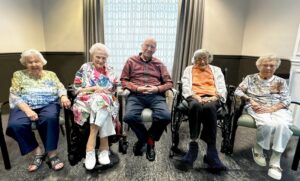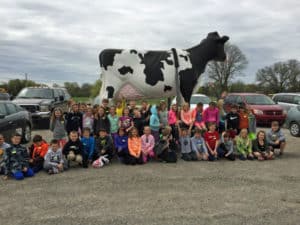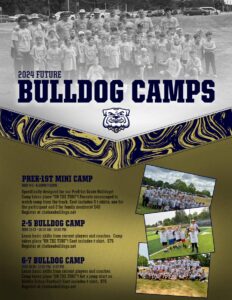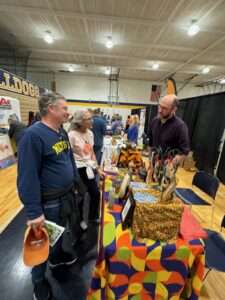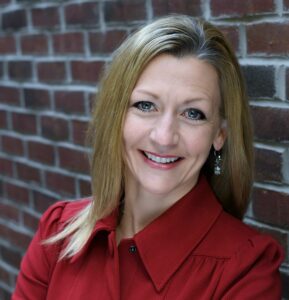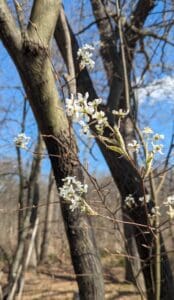 (Chelsea Update would like to thank Amy Heydlauff, executive director of the Chelsea-Area Wellness Foundation, for the information in this column.)
(Chelsea Update would like to thank Amy Heydlauff, executive director of the Chelsea-Area Wellness Foundation, for the information in this column.)
Most of us have stopped listening to experts who tell us how to be healthy.
These experts say things like eat fruit. Then someone says don’t eat apples unless they are organic. A third joins the debate saying it’s more important to eat apples than worry about chemical treatments, so eat apples.
We hear we should drink 12 glasses of water. Someone else says 8. Another says only filtered/bottled and a forth says since we don’t drink well water anymore we’re missing important dietary vitamins and minerals (like iron).
Some research says those who drink alcohol live shorter lives. Other research says the opposite.
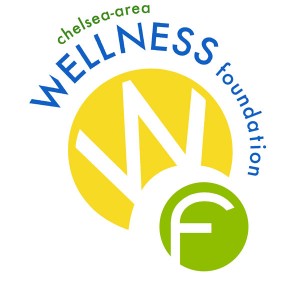 No wonder we aren’t listening.
No wonder we aren’t listening.
In science, there is cause and effect. That means we know if one thing happens it will cause another thing to happen – or create an effect. It’s reproducible. No matter how many times we test it we’ll get the same results. If you heat water to 212 degrees the heat will cause the water to boil. If you use a healthy muscle over and over the use will cause it to strengthen. If you plant a certain seed the effect will be a certain plant.
But no one has proven, with scientific certainly, that if you eat cabbage, beets and kale you will live longer than if you don’t. No one can honestly tell you that if you exercise regularly you will improve the quality of your life. In spite of this, the Chelsea-Area Wellness Foundation believes people in our community will live well and longer if they incorporate some basic health recommendations.
Here’s why we believe it.
- When scientists observe those who live a long time they find patterns. One of those patterns is a habit of eating plants that are rich in colors, fiber, minerals and vitamins. They also eat lean proteins like beans and poultry, among others.
- Scientists observe these people are active. In general they are active all day long, not just in the gym for an hour a few days each week, although any regular exercise seems to be beneficial. For instance, people who fidget burn an average of 60 calories a day.
- And scientists observe people who have other people for support or live in supportive communities are also likely to live longer.
So, while scientists haven’t proven plants rich in nutrients are the difference between a long, healthy life and a shorter life challenged by chronic health problems, they can say there appears to be a strong connection.
You don’t have to believe everything you read or hear. In fact you shouldn’t. One or even two scientific studies does not make something fact. Sometimes science is poorly done or inaccurately reported.
Use your own common sense and do your own research by observing what you see every day. Who in your family or community seems most likely to live a long, healthful life? What are their habits? Do they have any habits you’d like to copy? And remember it’s likely you have some good habits of your own.
Observe the impact your own good habits have on your life and the lives of the people around you.







